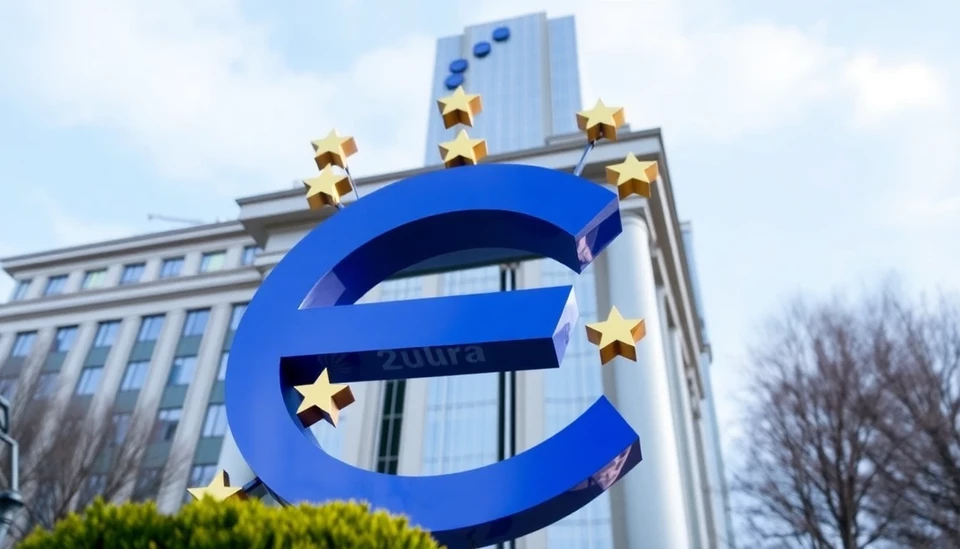
The Euro plunged to a two-month low this week as market participants ramped up their predictions regarding potential interest rate cuts by the European Central Bank (ECB). This development has raised concerns about the health of the eurozone economy and hinted at a shift in monetary policy as inflationary pressures ease across the region.
Recent economic data from the eurozone has led investors to reconsider their outlook for ECB’s future actions. Following a series of disappointing economic indicators, including lower-than-expected growth figures and sluggish consumer spending, traders are now betting on a possible reduction in interest rates sooner than previously anticipated.
As the Euro fell against the US dollar, hitting levels not seen since late August, analysts noted that the shift in sentiment does not merely reflect changing economic conditions but also signifies broader uncertainties in the global market landscape. This decline is particularly notable given the strong performance of the US dollar, which has benefited from rising interest rate expectations from the Federal Reserve.
The market's shift in focus towards potential ECB rate cuts is indicative of growing unease over inflation trends in the Eurozone, which, while still above target rates, have recently shown signs of moderation. With inflation dynamics evolving, the ECB faces a balancing act in navigating its policy response in a landscape marked by a slower growth trajectory.
Comments from ECB officials in recent weeks have fueled speculation regarding a more dovish approach, as the central bank grapples with the trade-offs between stimulating a sluggish economy and promoting price stability within the euro area. The sentiment was further bolstered by remarks highlighting the necessity of mindful monetary controls amid an uncertain global economic environment.
Analysts suggest that while a rate cut might not be imminent, the ECB's forward guidance may increasingly reflect an openness to reevaluate its stance in light of evolving economic indicators. This has left traders recalibrating their views and adjusting positions in the currency markets.
With the economic outlook increasingly clouded, investors are closely watching upcoming data releases and ECB communications for more insights into potential policy shifts. The fate of the euro in the upcoming weeks will depend significantly on the central bank's ability to manage market expectations while addressing economic challenges head-on.
In conclusion, the current trajectory of the euro appears closely tied to the ECB's evolving approach to interest rates in response to economic realities. As traders continue to react to incoming data and central bank signals, the euro's performance will be pivotal, particularly against the backdrop of a strengthening US dollar and a shifting global economic context.
#Euro #ECBratecuts #CurrencyMarket #Investing #EconomicOutlook
Author: Rachel Greene




